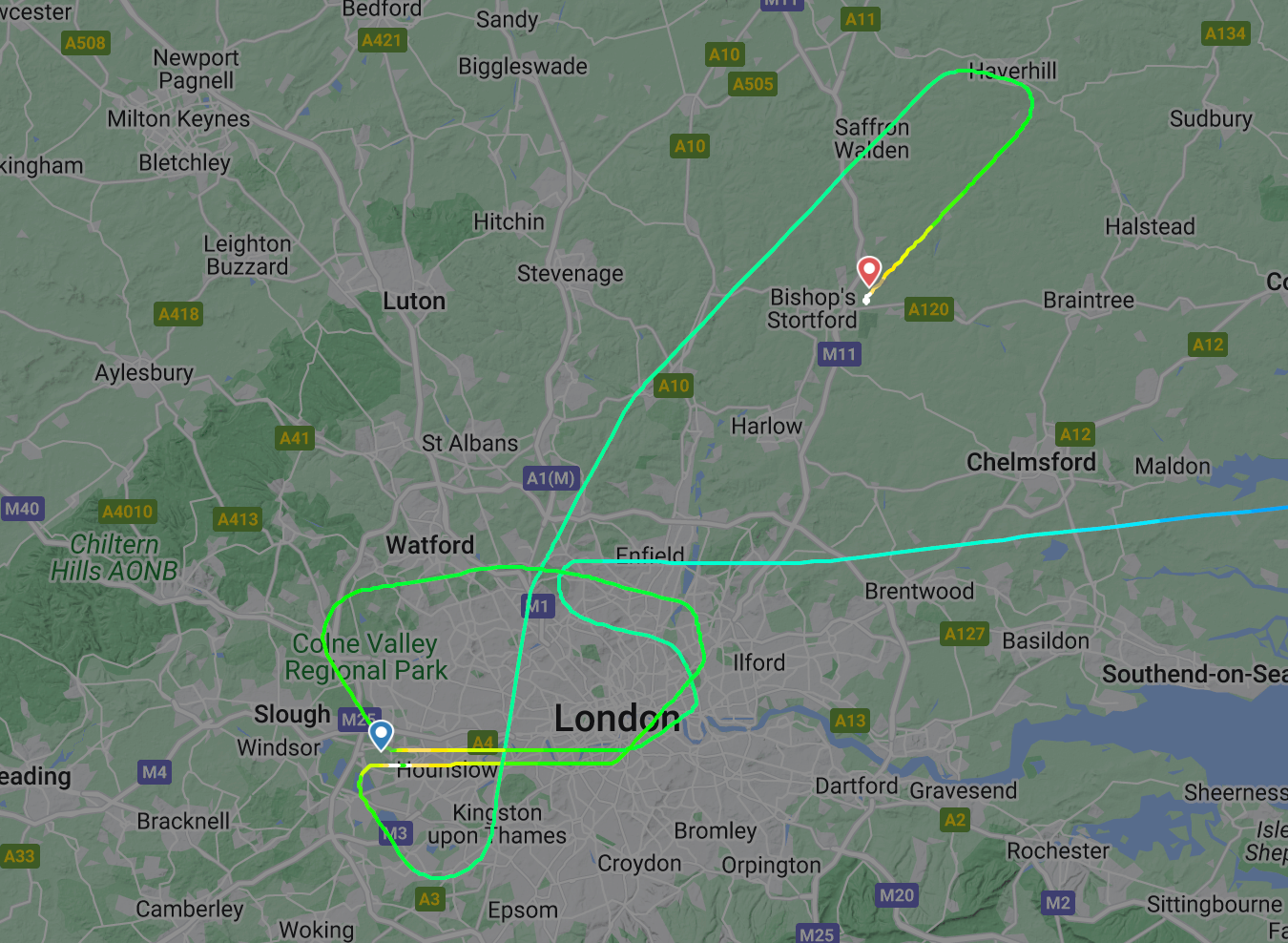My business-class tickets are going spare – why can’t I pass them on?
Simon Calder answers your questions on gifting airline tickets, cheap travel in Europe and flight diversions


Q I recently bought two business-class tickets to Mexico for a wedding. The wedding was unfortunately cancelled. I now don’t want to go. I understand I can’t have a refund, but why can’t I give my tickets to a third party? If I buy any other form of ticket, like a concert, I can give it away. Why not with airlines?
Singh J
A A very good question. From your perspective, you have bought the right to occupy two business-class seats from the UK to Mexico and back on specific dates. You can argue that who exactly occupies those seats is none of the airline’s business: the crew should just get on with welcoming the occupant on board, serving champagne and showing how to work the controls for the flat bed. What possible objection could the airline have?
Well, let me answer on their behalf. “Revenue management” is the dark art of filling every seat in the cabin while extracting the maximum possible cash from passengers. Let’s assume a 20-person business cabin. The airline may know from past experience that half the cabin is likely to be sold close to departure at (say) £5,000 return. The remaining 10 seats must be carefully managed to ensure they are all sold. That means charging a lot less than £5,000 – let’s say £3,000 – but imposing conditions such as “you can’t give this to someone else”. If that condition did not exist, then I could happily buy those seats for £3,000, and sell them to the people who buy at the last minute. If I charged £4,000, then both they and I would be £1,000 better off.
This would trash the revenue management and so it is simply not allowed.
Some people in your position, with an expensive flight potentially going to waste, have actually given or sold the ticket to other people who have been prepared to change their name to match the one on the ticket – then get a new passport in that name to allow them to use the space.
Much better, I suggest, to avail of the seats to visit a welcoming, beautiful, friendly and diverse nation. I can almost guarantee you will have a fine and memorable stay – especially if you arrive well rested after the business-class flight.

Q Do you know if there’s a financially efficient way of going from Amsterdam to Cologne, Baden-Baden and then Paris next month?
Pete
A For a definitive answer to your question, I consulted Nicky Gardner, co-editor of Europe by Rail – who knows more about continental rail fares than I ever will. She began her response: “It depends what you mean by financially efficient. I find walking very financially efficient – but walking to Baden-Baden is probably not a good use of my time.”
Assuming you have not yet bought your travel tickets for your February adventure, then Nicky recommends a five-days-within-a-month Interrail pass. This has the great advantage of being valid to/from anywhere in Great Britain on the outbound and inbound journeys. The basic price is €318 (£273), with discounts if you are lucky enough to be under 28 or over 59. On top of this you would need to pay €30 each way as a Eurostar supplement through the Channel Tunnel, to Amsterdam outbound and from Paris inbound.
The itinerary will allow day one to Amsterdam; day two to Cologne; day three to Baden-Baden; day four to Paris; day five home from France. To be clear: these need not be successive days; they can be spread through the course of a month. Note that an additional supplement of €10 will be charged if you connect from Baden-Baden in Strasbourg to the TGV high-speed train to Paris. Together with the Eurostar supplements, that totals €378, with a very high level of flexibility.
For point-to-point fares, if you book ahead and are prepared to travel when the tickets are cheapest, I estimate €25 for Amsterdam to Cologne; €25 to Baden-Baden; €50 to Paris. That is €100 in total. But this would not include the Eurostar journey to/from London nor the potentially very valuable GB-domestic add-on provided by Interrail.
For real budget travel, opt for FlixBus for the international journeys. The coach is much slower, and also much lower priced: £12 from Amsterdam to Cologne; £22 from Baden-Baden to Paris (including a change of coach in Strasbourg).

Q I saw your coverage on Storm Isha and in particular the British Airways plane that diverted to Stansted in the afternoon after two attempted landings. It made me wonder a couple of things: how frequently does that happen? And what happens to the passengers in this sort of situation?
Jane E
A The passengers who were flying from Amsterdam to London Heathrow on British Airways flight BA435 on Monday afternoon had quite a journey: they experienced two “go-arounds” at their destination airport before diverting to London Stansted.
The Airbus A320 from the Dutch capital initially made a normal approach to the northern runway. Experiencing gusting winds approaching touchdown, the pilots decided to make a go-around – a perfectly normal and safe procedure in which the aircraft ascends swiftly on a course that will not interfere with other planes. The aircraft flew to the north of London and was then cleared to land on the southern runway. After that attempt also ended in a go-around, the pilots diverted to Stansted airport, where they landed normally.
I should stress that a go-around is a perfectly routine procedure for which pilots are trained, and at no point were passengers or crew in any danger. Having two missed approaches is not particularly unusual, but for them to happen in succession on the northern and southern runways was. While I defer at all times to qualified pilots, I can understand why a diversion would be called after two go-arounds.
So, what happens next? Often at times of irregular operations, the aircraft would wait at Stansted, take on fuel and then continue to the intended destination. But as of 6.30pm the aircraft was still on the ground at the Essex airport – presumably because disruption was expected at Heathrow for many hours to come.
Passengers going no further than London would have been disembarked at Stansted, collected their luggage and headed home or to their planned accommodation. However, it is a fair bet that at least one-third of the passengers were booked on connecting flights – all or most on British Airways – from Heathrow. All those transfers, I would suggest, will have been missed. BA had a duty to get them to their final destination as soon as possible, but for that they would need to make their way to Heathrow and hope for onward connections this morning. British Airways must pay for hotels and meals while they wait but is not liable to pay cash compensation on top – since the disruption caused by Storm Isha was clearly beyond the airline’s control.
Email your question to s@hols.tv or tweet @simoncalder






Join our commenting forum
Join thought-provoking conversations, follow other Independent readers and see their replies
Comments